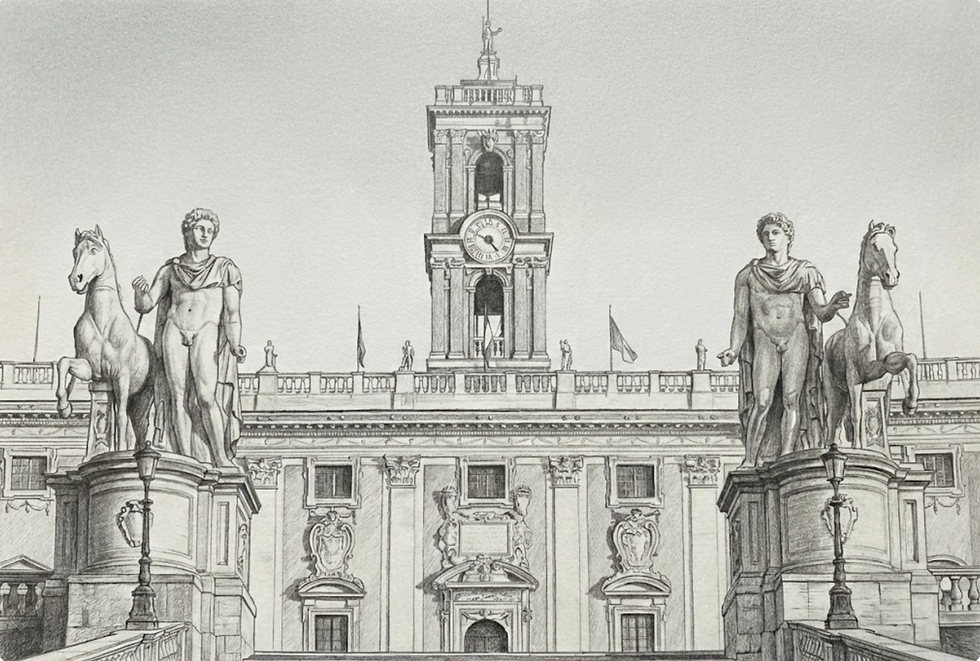Index to Sulla
- sulla80

- Aug 3, 2024
- 4 min read
Updated: Dec 23, 2025

The lifetime of Lucius Cornelius Sulla (138 - 78 BC) was the time period that initially inspired this website - this page begins to organize Notes and relevant coins against the outline of Sulla's life and major events.

(138 BCE) Birth and Early Life
Sulla was born into a patrician family, though initially of modest means, in Rome.
(107-105 BCE) Military Tribune in the Jugurthine War
He served as a quaestor under Gaius Marius, playing a key role in the capture of Jugurtha, the King of Numidia, which marked his rise to prominence.

(105-101 BCE) Service in the Cimbrian War
He continued to distinguish himself in military service under Marius, helping to defeat the Germanic tribes, the Cimbri and Teutones.
(96-92 BCE) Prelude to War
Sulla in Cappadocia - First Meeting With Parthia
Around 92 BCE, tensions escalated in Asia Minor as Mithridates VI of Pontus began expanding his influence, threatening Roman territories and allies in the region. This period marked the beginning of conflicts that would lead to the First Mithridatic War (89-85 BCE). Mithridates' actions challenged Rome's authority in the East and set the stage for future military engagements.

(91-88 BCE) Participation in the Social War
He played a crucial role in the Roman victory during the Social War (also known as the Marsic War), a conflict between Rome and its Italian allies, which significantly influenced his military and political career.
(88 BCE) First Consulship & First March on Rome
He married Caecilia Metella, a member of a powerful and influential family, helped to solidify his political alliances and social standing. Sulla was elected consul for 88BCE.
In 88 BCE, Mithridates orchestrated a coordinated attack across Asia Minor, in which he ordered the massacre of Roman citizens and Italian residents. Mithridates wanted to eliminate Roman influence in the region. This massacre, known as the Asiatic Vespers, resulted in the death of more than 80,000 people and marks the start of the first Mithridatic War.
Conflict with Marius over command of the war against Mithridates VI of Pontus leads to Sulla marching his legions on Rome to secure his command against Mithridates. This is the first time a Roman general led troops against the city.
(87-84 BCE) Campaign against Mithridates
He successfully conducted campaigns in the East, defeating Mithridates and securing Roman territories in Asia Minor.

(83-82 BCE) Second March on Rome & The Battle of the Colline Gate
He returned to Italy, defeated the forces of the Marian faction in a civil war, and entered Rome to re-establish control. In 82 BC he defeated the forces of the Samnites and the remaining Marian supporters in a decisive battle outside Rome, cementing his power.


(82-81 BCE) Appointment as Dictator & Proscriptions
He was appointed dictator for the reconstitution of the Republic, granting him extraordinary powers to reform the government and society. Next he undertook a series of proscriptions, resulting in the execution or exile of his political enemies and the confiscation of their property.

"Relation being had unto these two times, Government (to define it de jure, or according to ancient prudence) is an art whereby a civil society of men is instituted and preserved upon the foundation of common right or interest; or, to follow Aristotle and Livy, it is the empire of laws, and not of men" -James Harrison, Oceana

(82-79 BCE) Constitutional Reforms
He implemented significant constitutional reforms to strengthen the power of the Senate and reduce the influence of the popular assemblies and the tribunes.
Reorganization of the Judiciary
He reformed the judicial system, creating permanent courts (quaestiones perpetuae) to handle specific types of cases, thus professionalizing the legal process.
Colonization and Land Reforms
He distributed land to his veterans and established colonies, attempting to stabilize the socio-economic conditions in Italy.
(79 BCE) Voluntary Resignation as Dictator
He resigned from the dictatorship and retired to private life, claiming to have restored the Republic.
(78 BCE) Death
He died in his villa at Puteoli, near Naples.

Legacy and Impact on Future Generations
Sulla set a precedent for later leaders, notably the Second Triumvirate (Octavian, Antony, and Lepidus) in 43 BC. Sulla's proscriptions, which began in 82 BC when he assumed the dictatorship, were notably systematic and extensive. He published a list of individuals who were to be executed and whose properties were to be confiscated. Sulla applied proscriptions with unprecedented scale and brutality, targeting his political enemies, redistributing wealth to his supporters and consolidating power.
Sulla's actions and reforms, including his resignation from the dictatorship and the precedent he set for marching on Rome, influenced subsequent Roman and shaped the future trajectory of the Roman Republic and Empire. While he attempted to restore and stabilize the Roman Republic through his reforms, his methods and their consequences contributed to the eventual collapse of the Republic and the rise of the Roman Empire.




Comments